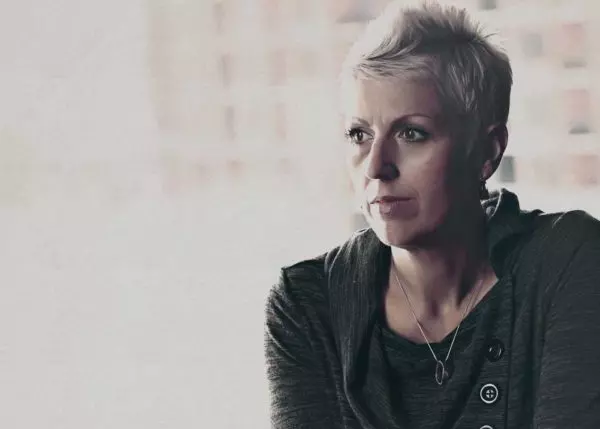
I’ve been a part of the cancer community for darn near 2 decades. That’s like 100 years in cancer years. I’ve learned a great many things through the years, but one thing sticks out in my mind above all others. Toxic positivity.
Just What Is Toxic Positivity?
According to Google, toxic positivity is a concept that describes the overemphasis on maintaining a positive mindset, often to the point of minimizing or invalidating very real, negative emotions and experiences.
I’ll give you some examples:
- “God has a plan for you.”
- “God doesn’t give us more than we can handle!”
- “Live in the moment!”
- “Keep your chin up!”
- “Think positive!’
- “It can always be worse!”
- “You should be grateful for all the good you DO have!”
- “Gratitude is the best attitude.”
My Problem With Toxic Positivity
Using God to justify a cancer diagnosis is downright abhorrent. What kind of sick God plans for a 36-year-old mom to a 3-month-old baby to get diagnosed with a terminal cancer and then give him credit for using it for good? No, thank you.
The examples above are just a few instances of phrases that completely dismiss how a person is feeling or dealing with a really, really difficult bit of news. It invalidates them and oftentimes makes a person feel WORSE because they can’t think positive at this moment, or they feel horrible because they believe God has it in for them. Hard to trust in a God that purposely made you sick.
How You Can Support Someone With Cancer
Before giving advice to someone who has had something awful happen, stop and ask yourself if you are really helping. Why do you feel the need to fill the space with this toxic positivity? Is it because the news of a cancer diagnosis or illness makes YOU uncomfortable and you feel the need to explain it away? Ask yourself how you would feel if someone gave you the advice you’re about to give, and act accordingly.
There is nothing wrong with admitting that cancer is a horrible thing and that you don’t know what to say or how to act. Be honest and tell the person this. I felt relieved when friends or family would say they were sorry and that this was an awful bit of news. Then offered to hold space for me. They didn’t offer hollow prayers or phrases that mean nothing.
It is really refreshing to have the permission to admit a situation sucks. Not only does it help the patient, it also helps them know that you are a safe person to be around, especially on those dark days when a person really needs the support.
Make Space for Your Feelings
As a cancer patient, we are so busy managing everyone’s feelings around our situation that we often don’t take time to adequately assess the feelings we have. We try to be careful to not upset our loved ones or try to not burden them with what is really going on in our brains. We don’t want anyone else to feel uncomfortable, so often, we draw away from them or don‘t open up because of it. Or we put on a fake, brave face and downplay just how serious the situation is.
This is doing yourself a huge disservice. Holding space for someone should not come with expectations. This is where working with a trauma-informed therapist can really be a game-changer. They can provide the tools necessary for you to advocate for yourself when friends or family insist on burdening you with toxic positivity, or any other actions that don’t offer real help.
From Toxic Positivity to Radical Honesty
Another piece of advice? Give yourself some grace! It’s hard! Pushing the feelings down and not honoring them just allows them to grow bigger and badder, and when they finally surface, you’ve spiraled out of control. Facing a situation can derail that spiraling and help keep your sanity in any less-than-ideal situation.
Once you shine a light on the fears or situation, you can see that coming to terms with it is much better than not. Fears grow bigger in the dark. This is really with any situation, not just cancer. We are human, and as such, we experience a great myriad of emotions, and that’s OK.
I’m here to give you permission to not always look on the fake bright side, but on the real side. Once you assess the situation, you can start to be truthful and work toward the right mindset moving forward. You’ll be much better off because of it.



